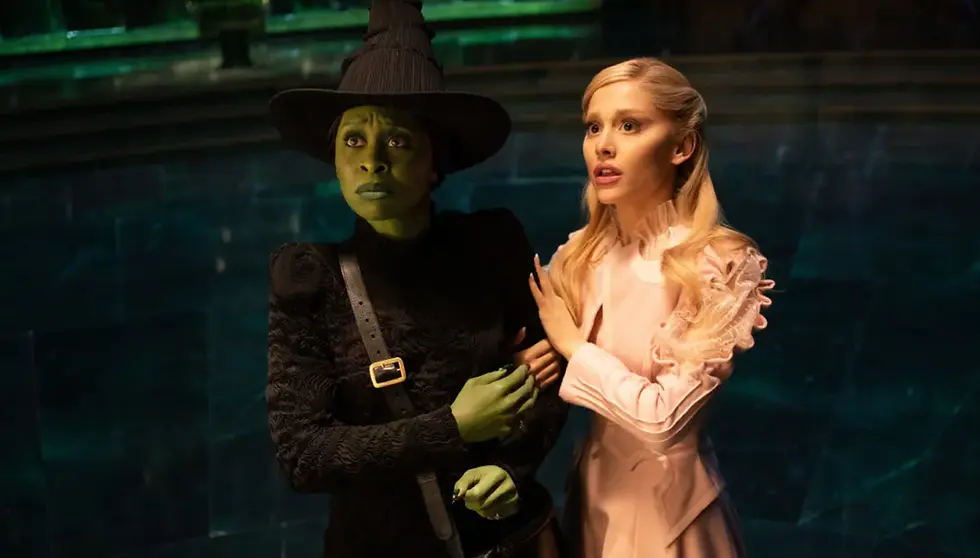BU21 - Trafalgar Studio 2
- comaweng
- Jan 11, 2017
- 3 min read

(Photo credit: David Monteith-Hodge)
Set in the near future, the 22 July “immediately after the date of performance” as directed by a note in the script, BU21 is a chillingly realistic (albeit fictional) account of how different characters cope after an act of terrorism both literally and figuratively smashes Fulham and surrounding areas. There is no attempt to depict the disaster itself, but rather descriptions, for the most part in the form of monologue, to describe both what happened and what is happening ‘now’. The latter proves more interesting – how do these people pick up the pieces and in some way move on from a life-shattering experience?
The set is nothing to shout about, though both the sound (Owen Crouch) and lighting (Christopher Nairne) are, to use a phrase in the show that raised titters because of the context in which it was said, “well executed”. Occasional breaches of the fourth wall have varying degrees of effectiveness – I’m still not sure what to make of Alex (Alex Forsyth) practically barking, “It’s not a rhetorical question!” at a man in the front row at the performance I attended. His is, however, the most intriguing character of the six the audience is presented with, beginning by almost immediately plunging into a consideration (while still in character) of what it even means to come to the theatre to see a show of this nature: “As far as I can tell this is essentially a financial exchange where you’ve paid money to be entertained by […] human suffering.”
Hmmm. There are quite a few ‘hmmm’ moments in this dark-humoured piece of theatre. Take Floss (Florence Roberts) and Clive (Clive Keene), whose rom-com scene somehow – somehow – summarily fails to be disjointed and in bad taste. There’s Izzy (Isabella Laughland), a business executive, Graham (Graham O’Mara), a tradesman (or, for a more colloquial interpretation of what he does, ‘white van man’), and Ana (Roxana Lupu), now wheelchair-bound. The show, let’s face it, works better in London than it would anywhere else. Not that it wouldn’t work anywhere else – it absolutely would – but in the descriptions of the King’s Road and other specific places, the play becomes so easily absorbing in a way that had it been set somewhere else, would have taken more time to appreciate fully.
There’s much to think about as these stories unfold. Graham’s story was the one I reflected on most: when other people are so insistent on shoving a television news camera in his face, what was he supposed to say? In the end, telling it like it is would have been so much easier for him; instead, he works and works in the months following to keep up a pretence – and Alex is not much better, covering Graham’s back rather than revealing what really transpired. Other lies are told elsewhere, other moral dilemmas to consider.
At times the play is simply so very blunt, and most characters more often than not let out too many expletives too often. There are, however, people out there whose only operative adjective for anything and everything, in the course ordinary conversation, is “f---ing”. I am reminded of the story about a nun who wrote to the letters page of a national newspaper, recounting an afternoon when she was randomly called a “f---ing nun”. She mused, “Well, I can’t be both, can I?” Still, in the boldness and forthrightness of these characters lies something un-British and unreserved. Whether this helps or hinders the show is a matter of personal preference: for me, it makes for crystal clear character development, for sure. With gripping storylines, this is a challenging and powerful piece of theatre.
Four stars




Comments